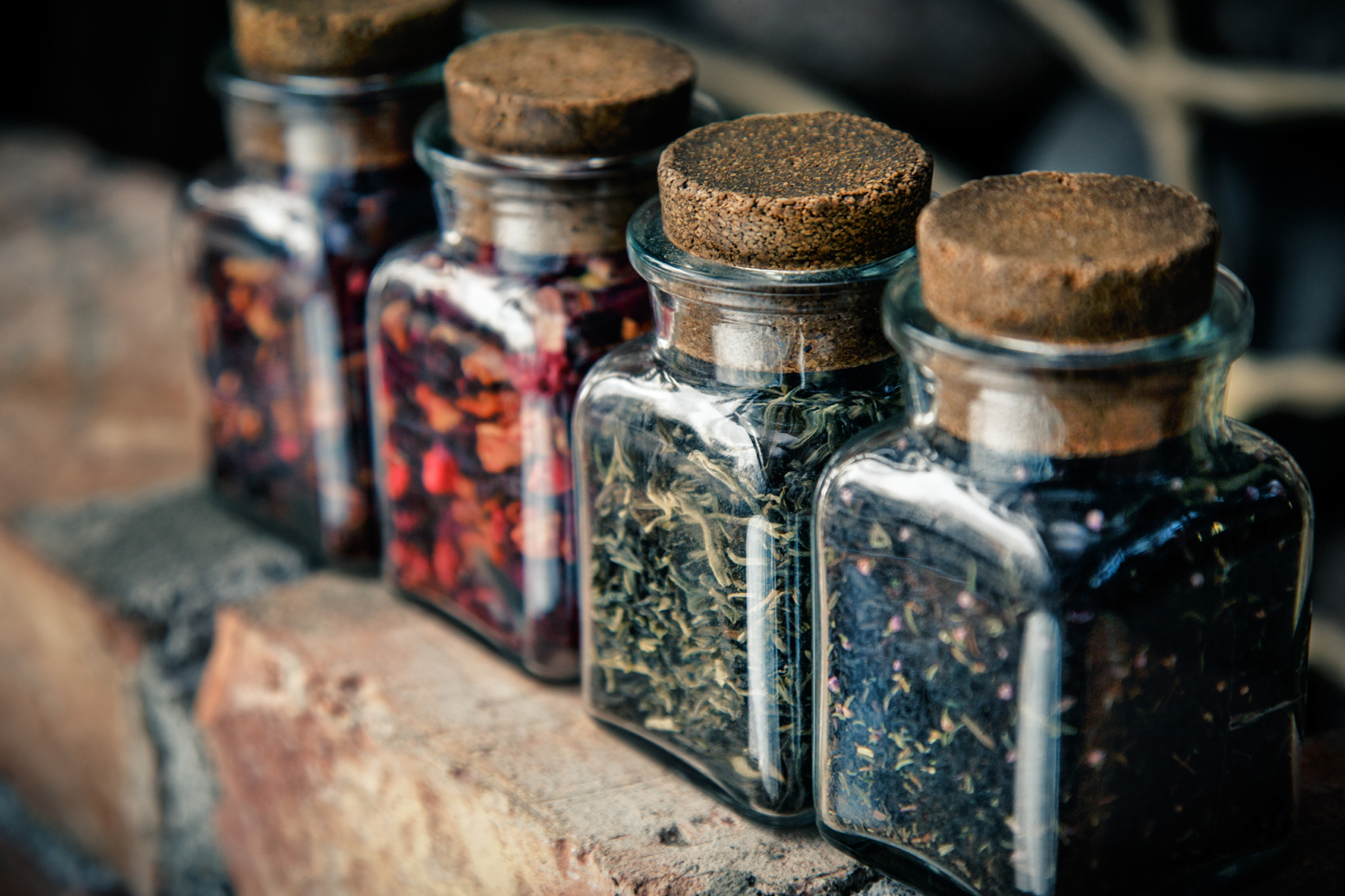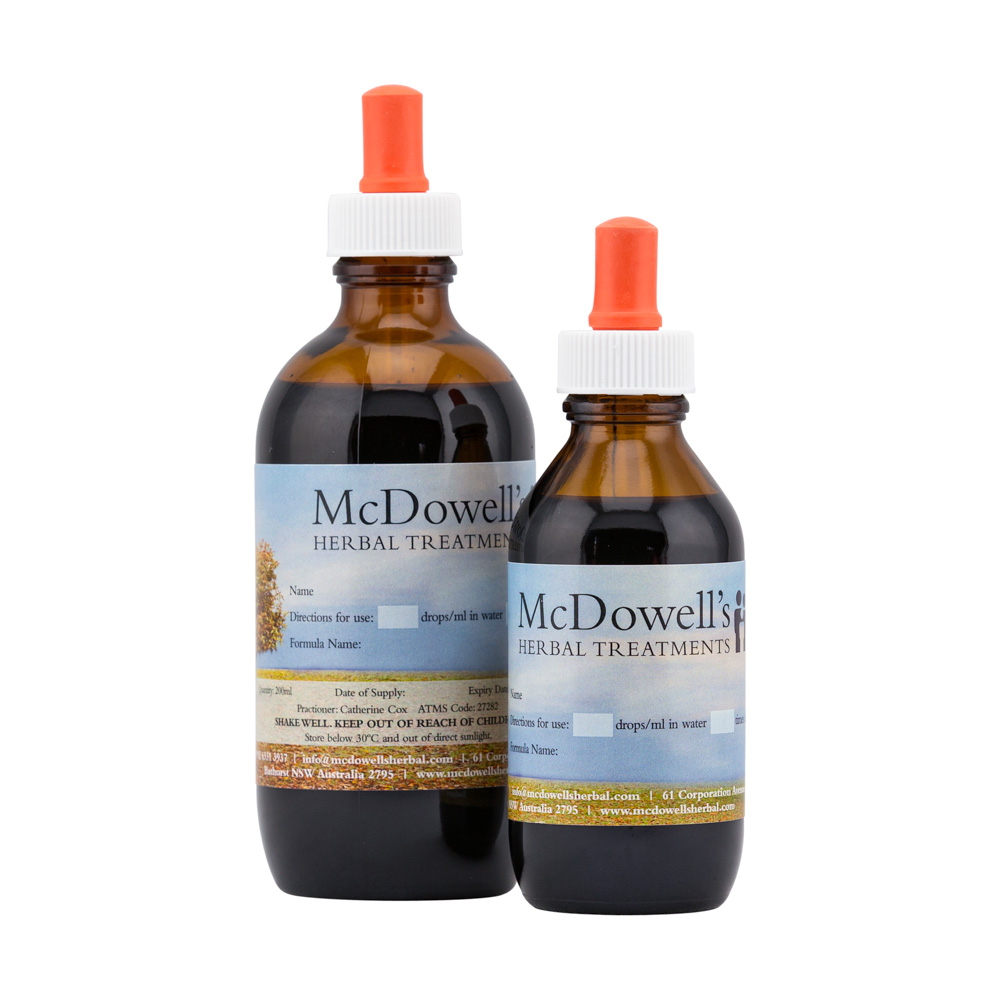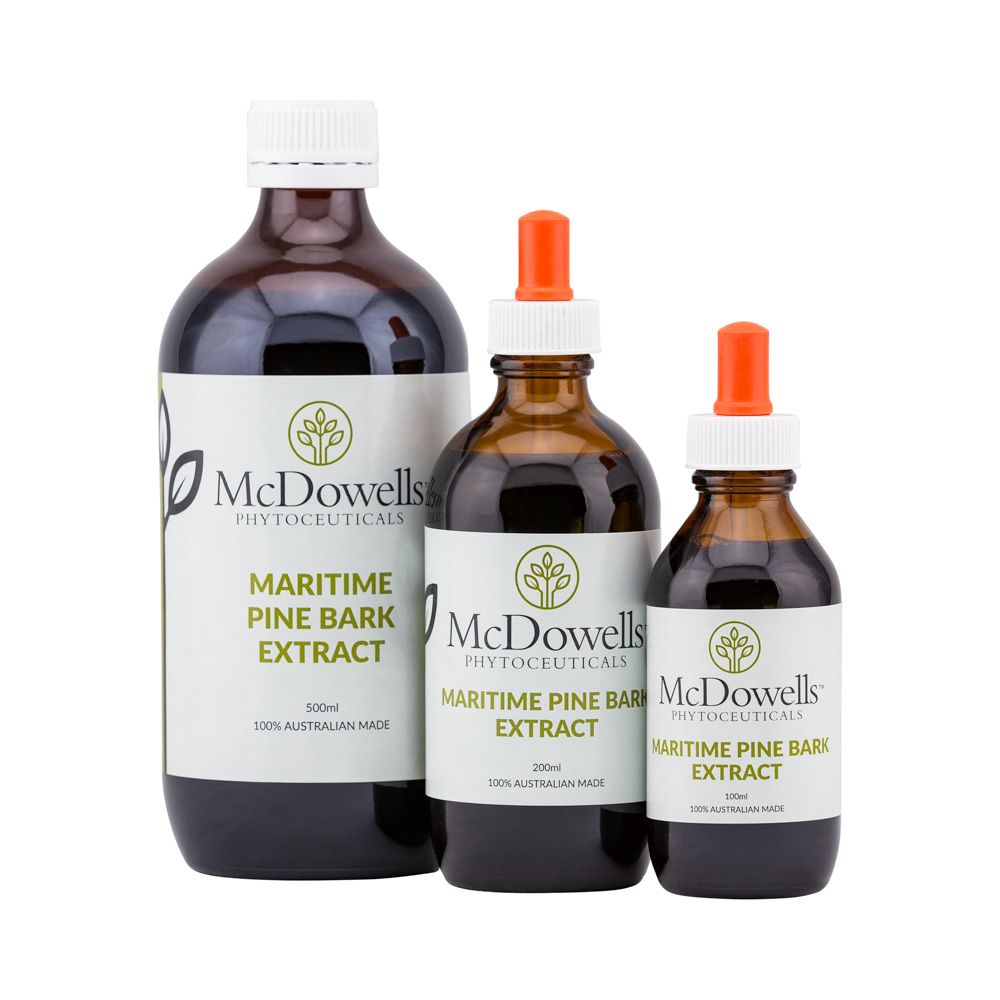Uterine Prolapse is a taboo subject. Women are often ashamed and don't feel like they can reach out to get help. Herbs have been used for 'womens health' for hundred of years. You can normalise hormones, increase circulation, create good tissue strength. Through the use of the right herbal formulations we can help with these issues.

Uterine prolapse is a common enough condition after birthing even nowadays with smaller families. It was probably more common in past times where the average size of families was so much larger. Birthing problems and reproductive system health has been a primary concern to all healers from all cultures forever, and there is a vast knowledge about which plants and herbs will assist the body to prepare for and recover from birthing. Prolapse responds well to such herbs.
The sort of inquiry I get from patients looking for help with this problem is contained in this letter from a lady last week:
"After my second child, my doctor discovered that my uterus is prolapsed. When he had me bear down, he said my "uterus went almost halfway down my vagina". Also, my vagina is too loose now, and intercourse is disappointing to both my husband and myself. Can you help me?"
This is a sad letter really, and the lady didn't tell me anything much about herself. She gave me the impression however of being pretty brave and struggling on her own to try to find an answer to a problem, which has dismayed her.
Just because this woman's Doctor was in a rather thoughtless and clinical frame of mind at the time he made the comment, does not mean to say that his patient did not deserve a sympathetic and helpful answer rather than a pronouncement, which could only depress and demoralize.
A woman's self image and pride in herself as a wife and sexual partner can be damaged forever by such a thoughtless comment and it was this feeling that inspired me to write this newsletter giving helpful advice and to formulate a standard herbal tonic to support the recovery from this predicament.
Surgical intervention which involved hitching up some of the collapsed uterine suspensor ligaments was a common technique 30 or 40 years ago and the crude jokes about putting 'an extra stitch in there Doc' referring to perineum repair are still bandied around in delivery rooms today. This type of surgical response was crude at best and really did not help much or take into account the systems that were involved.
Uterine ligaments begin to soften during pregnancy along with the other connective tissue in preparation for birthing while at the same time being asked to carry more and more load as the baby grows. The connective tissue surrounding the birthing canal obviously softens (!)amazingly to allow the baby to pass through. The perineum or the strip of skin, muscles and tissue between the vagina and anus can be the least flexible of the soft tissue involved in delivery and this can tear (or be cut) during birthing.
All of this was foreseen by nature and in most women it all repairs itself perfectly well and she gets back to normal after a few months. Indeed breast feeding induces uterine contractions which are like involuntary exercises which assist in this normalization.
A breastfeeding the baby assists in the recovery after birth and it's unlikely that multinational companies promoting bottle-feeding took any of this into consideration as they actively discouraged breastfeeding worldwide back in the 1950's.
Herbal alternatives
There is a wie range of the traditional herbal tonics used in this situation and encourage them to continue with such tonics until their bodies are back to normal and after they wean their children, hopefully sometime after 6 months (or more) of age.
In the European system of herbal medicine raspberry leaves are the primary support for uterine ligaments. I use Equisetum, Elecampane and Saw Palmetto as well in my formulations. Raspberry leaves, like most other herbs operate to normalize body conditions and therefore when a woman is carrying a baby the raspberry leaf will support the softening of the ligaments and connective tissue required to allow the uterus to expand and the birth canal to soften. After birthing the exact same herbs will support the re-tensioning of exactly the same ligaments and connective tissue. As a bonus, the Raspberry Leaves are extra ordinarily high in Folic Acid also, which assists with the health of the lining of the uterus and the placental bond as well.
In preparation for birthing I encourage my patients to continue with their normal levels of exercise after the pregnancy is well established and to build up their fitness for the birthing. I also recommend that they begin with regular perineal massage during the last three months of their pregnancy.
Many women deplete themselves badly during pregnancy in what I call "nest building" activities (the extension to the house, the baby's room or the decoration of the entire house or whatever) and arrive at birth in a state of exhaustion and depletion. As anyone who has had children knows, the birthing itself is actually just the start of the marathon and not the end, and arriving at the start in bad shape is not a good idea at all.
My female patient did not explain whether she arrived in good shape at her birthing or not, whether she breastfed the first child or the second or even whether she was looking forward to child 2 (or not) or what support she had from her partner and family with child 1. All of these things bear on whether or not this pregnancy will trigger a uterine collapse.
Even in the case where she was not prepared or supported, or did not breast feed or keep fit during the pregnancy and after, everything can come back into normal by the use of sensible herbal tonics and exercise programs.
I instructed her in my response to start on a program of regular pelvic floor and maybe some Yoga exercises. A good idea also is to place a brick under the foot of the bed to allow the uterus to move up into the abdominal cavity and support the recovery of the lost elasticity and the healing of overstretched ligaments.
I advised her that if she works at a program steadily for 3 to 6 months she can expect to bring everything back into normal or better, including her sex life and vaginal muscle tone.
Toning up the musculature around the abdomen is important for general health and certainly important during postpartum recovery. The exercise required does not have to be difficult and in fact it is best that it not be traditional weight training or aerobics.
I advised her to sign up for Yoga classes and learn some inverted postures to help (your teacher will be able to show you these). Swimming is great toning exercise, which does not involve gravity pulling on the uterus while doing it.
I also suggested a Belly Dancing class which are becoming very popular nowadays and these are great fun and supportive in the female bonding sense (what we in Australia call 'Secret Women's Business"). Belly dancing of course is wonderful for toning and muscle control and can offer whole new levels of sexual experience too!
The herbal tonic I recommend to my patient is a standard one containing the herbs mentioned together with Oats, Rosehips and Chamomile and a selection of Bach Flower remedies; Wild Rose, Walnut, Centaury, Crab Apple, Gorse and Larch to assist in the recovery of her self confidence and support her taking control of her situation and emerging stronger within herself than before.



